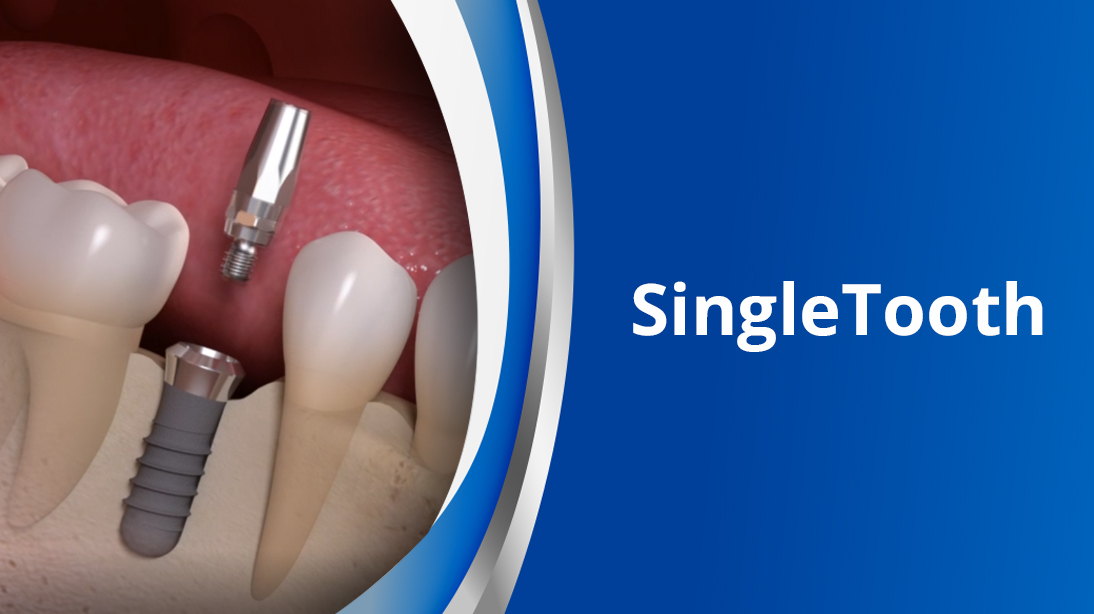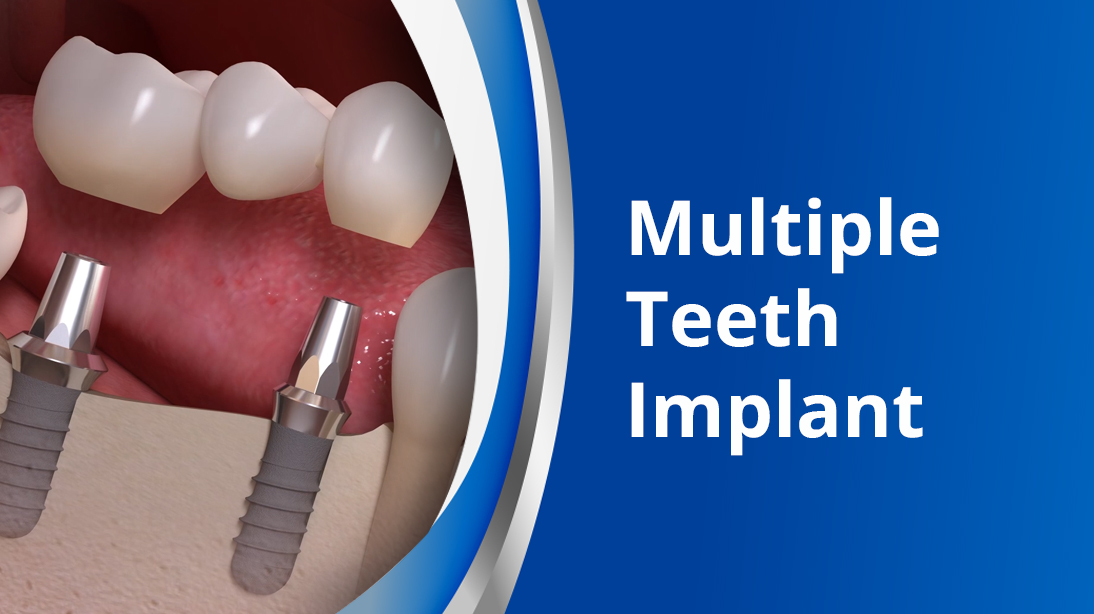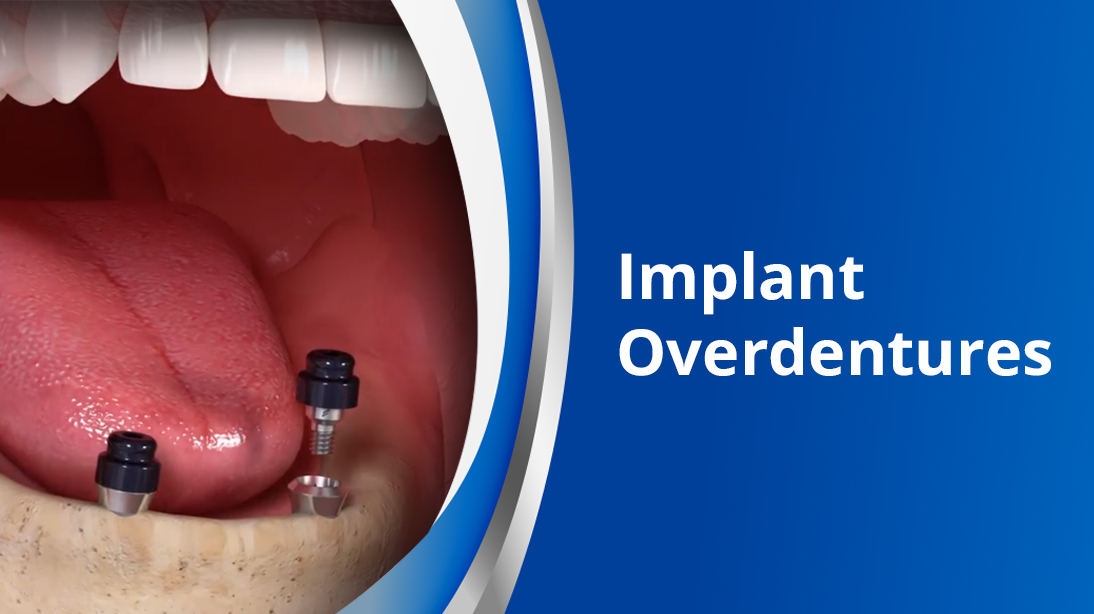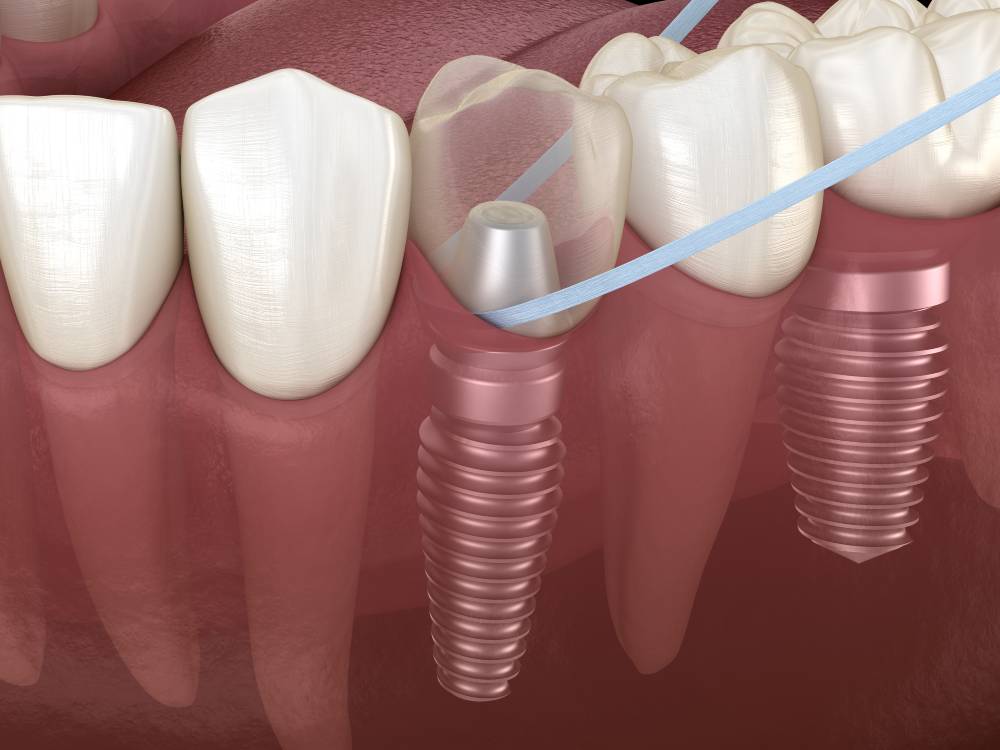Contact Us
36 Middle St, Cleveland, 4163, Australia
Dental implants are innovative tooth replacement solutions that mimic thestructure and function of natural teeth. They offer exceptional stability, natural appearance, and functionality, allowing you to enjoy your favourite foods and smile confidently. They are a long-lasting investment in your oral health by preventing bone loss and maintaining the integrity of surrounding teeth.providing a permanent solution that can significantly enhance your quality of life.
The loss of a natural tooth or teeth can either be a cosmetic problem, compromised chewing function or both. These problems can have cascading effects on one’s health. Implants can restore the mouth’s ural function, resulting in increased oral comfort and confidence.
Dental implants are placed into the jaw bone and allowed to osseointegrate (fuse to the bone). They then act like the roots of teeth. You can then attach a single crown, a bridge or connectors to help hold down removable full or partial dentures. Dental implants are a flexible mechanical system tailored to your specific scenario.
A single tooth dental implant can replace your missing tooth entirely, from root to crown, unlike other restorations. If you have one or more missing teeth that are not adjacent to each other, then a single tooth dental implant might be the best solution for you.


Unlike single tooth implants, which require one implant per prosthetic tooth, multiple teeth implants offer the advantage of replacing several teeth or even entire arches in the mouth using just a few implants. This makes the process more efficient and cost-effective.
If you are missing a majority or all of your teeth in either your upper or lower jaw, an implant-retained overdenture might be the best alternative for you. Traditional dentures, lacking stability, can lead to discomfort and unreliability during everyday activities such as eating and talking. By utilizing dental implants, you can experience the benefits of improved retention by securely attaching your denture to the implants. This attachment allows for easy removal of your denture for efficient cleaning of both the denture and the implants.


Denture retention can be greatly improved by clicking the denture onto 2 implants using locators.
If you do not like the pink extensions of your dentures or your palate being covered, you can transition to hybrid dentures (still removable) or fixed (non removable) dentures. These options will typically need more implants than the removable overdentures.
Unfortunately dental implants are not invincible, and are not suitable for everyone. Whilst they are decay proof, they are still susceptible to gum disease. The good news is dental implants require the same everyday care as teeth –good brushing and flossing.
Did you know that dental implants are even used to help attach prosthetic ears, eyes and noses?

36 Middle St, Cleveland, 4163, Australia
© 2023 GWH Dental - Member of the